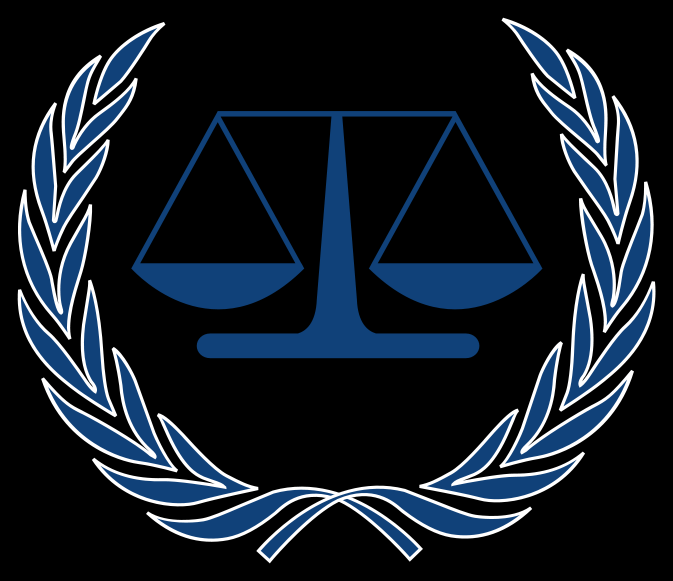ICC rules for crimes against cultural heritage and the environment

The International Crime Court (ICC) sent on September a hopeful message against those that commit cultural and environmental crimes.
The first decision is against an Islamic militant who significantly contributed to the destruction of the fabled shrines of Timbuktu, nine-year sentence passed on Ahmad al-Faqi al-Mahdi. He has been sentenced to nine years in prison in a pioneering case, something which prosecutors hope that will discourage other attacks on heritage sites all around the world. The importance of the decisions lies in the fact that this trial was the first at the ICC to consider cultural destruction as a war crime. It was also the first prosecution of an Islamic militant by the institution, which is based in The Hague.
Mahdi “intentionally directed” attacks on nine of Timbuktu’s mausoleums and the centuries-old door of its Sidi Yahia mosque in 2012, when a coalition of militant groups occupied the Malian city. According to judge Pangalangan, the sentence was proportionate to the gravity of the offence, and would have a “deterrent effect on others tempted to carry out similar acts in Mali or elsewhere”. The shrines were “the heart of Mali’s cultural heritage [and] were of great importance to people of Timbuktu,” he said. “Their destruction does not just affect the direct victims of the crimes, but people throughout Mali and the international community.”
Mahdi apologised for his actions in previous hearings, and admitted that had been obsessed by “evil spirits”. He pleaded Muslims not to follow his example and asked to be pardoned by all his countrymen. Although the impact of this decision could be less than campaigners and experts hope, however, judge Pangalangan hopes that the sentence will prevent other cultural heritage attacks during war time.
ICC also decided to prosecute government and individuals for environmental crimes such as land grabs, as crimes against humanity, changing its focus to include crimes beyond genocide and war crimes, such as the “destruction of the environment”, “exploitation of natural resources” and the “illegal dispossession” of land.
Richard Rogers, a partner in the international criminal law firm Global Diligence, predicted it could have an impact on the way business is done in certain countries. “Companies who want to invest in [some] places risk being complicit in crimes against humanity. Tackling land-grabbing will also help address some of the causes of climate change, since deforestation is very often a result of land-grabbing.”
If the crime happens in any of the 124 countries that have ratified the Rome statute, the ICC can then take action if the perpetrator comes from one of these countries, or if the UN security council refers a case to it. In order for a crime to be punished, it should have taken place after the Rome statue came into force on 1 July 2002.
Source: The Guardian (https://www.theguardian.com)

